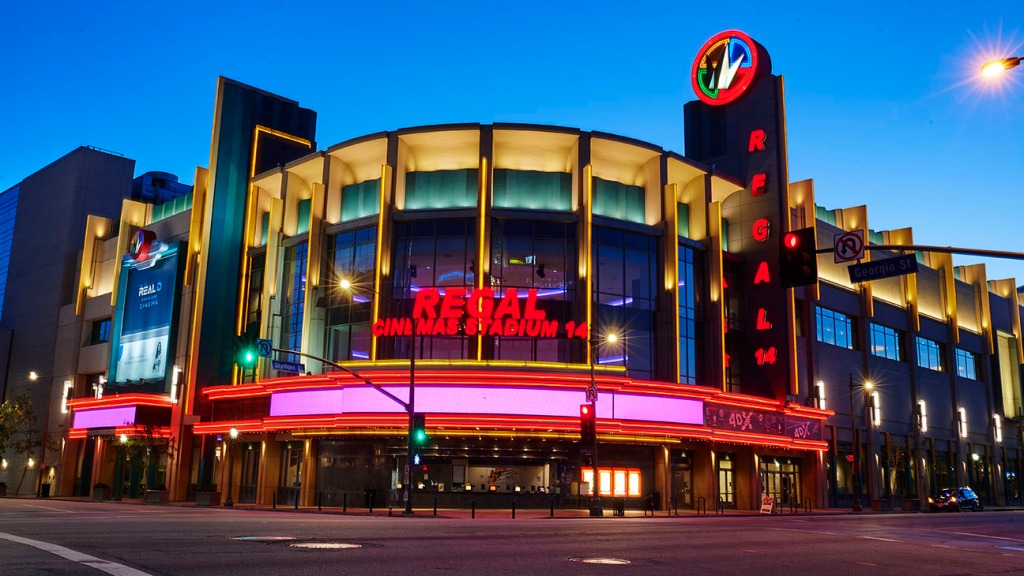
Movie theater advertiser National CineMedia is suing Regal Cinemas for allegedly exploiting parent company Cineworld’s bankruptcy to breach its advertising deal with the company. The in-cinema advertising network says Regal is looking to rewrite the agreement for better terms, enter into a new agreement with a competitor or bring in-house advertising services.
In a lawsuit filed on Friday in Texas federal court, National Cinemedia claims that Regal has “weaponized the bankruptcy process by opportunistically using it as a sword” to “breach long-standing exclusivity, non-competition, non-negotiation, and confidentiality rights.” It says that Regal’s proposed violation of the contract, if permitted by the bankruptcy court, will result in more than $1 billion in damages.
National Cinemedia was formed as a joint venture between Regal and two other major movie theater chains. Under its contract with Regal, the company serves as the exclusive advertising service provider in exchange for monthly fees. Since 2007, Regal has been paid roughly $1.3 billion, with an average annual payment of $58 million from 2015 to 2019.
The deal, however, was endangered in September by Cineworld’s filing for Chapter 11 bankruptcy. On Friday, Cineworld moved for permission to void its agreement with National CineMedia. It argued that changes in the industry landscape, namely the rise of streaming services and the COVID-19 pandemic, has forced it to “reimagine certain revenue streams.” The filings reads: “It is simply uneconomic for the Debtors to continue under the [agreement] absent significant changes to key terms of that contract. The Debtors believe that they could obtain improved advertising services from a third party on superior terms, or alternatively arrange for advertising services in house.”
The suit alleges breach of contract and anticipatory breach. It seeks a court order blocking Regal from bringing in-house any of advertising services, engaging third-parties to provide such services and sharing confidential information.
National CineMedia argues that Regal is bound by their contract, which was renegotiated in 2019. It points to exclusivity and noncompetition provisions in their agreement that prohibit Regal from engaging third parties to provide advertising services.
The suit claims that Regal has already breached the contract. The suits states, “Mooky Greidinger, the CEO of Cineworld, reportedly made a presentation to prepetition lenders, in which he stated that the Debtors would pursue one of three options regarding screen advertising: (A) First, Regal could impose on NCM terms more favorable to Regal. (B) Second, Regal could switch to a competitor, Screenvision, or another third party. (C) Third, Regal could provide in-house at Regal some or all of the services NCM currently provides (as Regal does in the United Kingdom and “rest-of-world” regions).”
In its bankruptcy court filing, Regal states that it will not continue under its agreement with National CineMedia unless it agrees to “significant changes.”
Responding to the possibility of Regal bringing advertising services in-house, National CineMedia stresses a provision in the contract that says it “shall be the exclusive provider to the Theatres of the services,” and that Regal shall not “itself provide to a Theatre any of the services” it provides.
“Despite having received approximately $630 million from the creditors and other stakeholders of NCM in exchange for a long-term, exclusive agreement, Regal is now, in a complete about-face, seeking to sell the very same exclusive rights again – this time under the cover of Chapter 11,” the complaint reads. “Such tactics go beyond the rehabilitative purpose of the Chapter 11 process and are not only discouraged by courts but also clearly violate the letter and spirit of the Regal ESA.”

